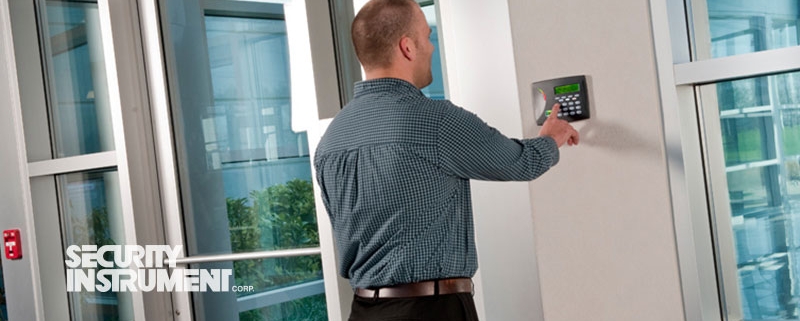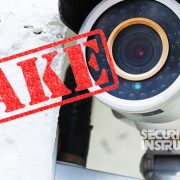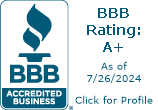Taking Stock of Critical Assets to Form a Security Plan
- Cybersecurity at Home and Work - October 6, 2024
- Reliable Government Security for the Tri-State Area - October 5, 2024
- Security Solutions for Government Properties in the Mid-Atlantic - September 11, 2024
Critical assets: What are they? In short, they’re everything (or everyone) your organization wants to protect. When forming a security plan, a business or organization must first identify those assets – and after that, determine how to minimize the vulnerabilities that may cause a breach in their security.
Examples of Critical Assets
There are a variety of assets an organization may wish to protect, and different security solutions that can help meet the need. Here are some examples.
Facilities: The buildings that house organizations are perhaps the most critical assets of all – because before anything inside can be protected, the facilities must be secured.
Employees: Companies do not own people – and yet, people make companies work. To that end, employees and other human resources are intangible, yet critical assets.
Equipment: That goes for production equipment, maintenance equipment, and the security equipment the organization will be investing in. Part of identifying critical assets is knowing and recording the value of the equipment.
Inventory: For retail businesses, inventory is lifeblood. For other types of organizations, inventory may be transactions that are either closed or in the pipeline – or, they could be the case files that are currently being serviced.
Intelligence: Whether it’s a design, corporate strategy, payment system, the identification information of clients or any other proprietary information, intelligence is a highly critical asset for an organization. This is especially true in the digital age when information can be obtained via a cybersecurity breach; however, many malicious parties are still inclined to steal business intelligence manually.
Identifying Critical Assets is only the First Step
Pinpointing critical assets is only the first step toward performing a needs-based assessment and forming a larger security plan. Once the critical assets are identified, setting goals for safeguarding those assets comes next. That’s where an experienced security integrator can be a valuable partner.
If you are charged with forming a security plan for your organization, consider turning to a commercial security provider in the initial stages of the security plan. Security Instrument can take your knowledge of critical assets to the next step: determining how to protect them.
About Security Instrument
Security Instrument is a full-service, independently-owned integrator that is equipped to help commercial organizations design and implement a security plan. In Delaware Valley, Security Instrument serves thousands of customers located throughout Delaware, MD, NJ & PA.







